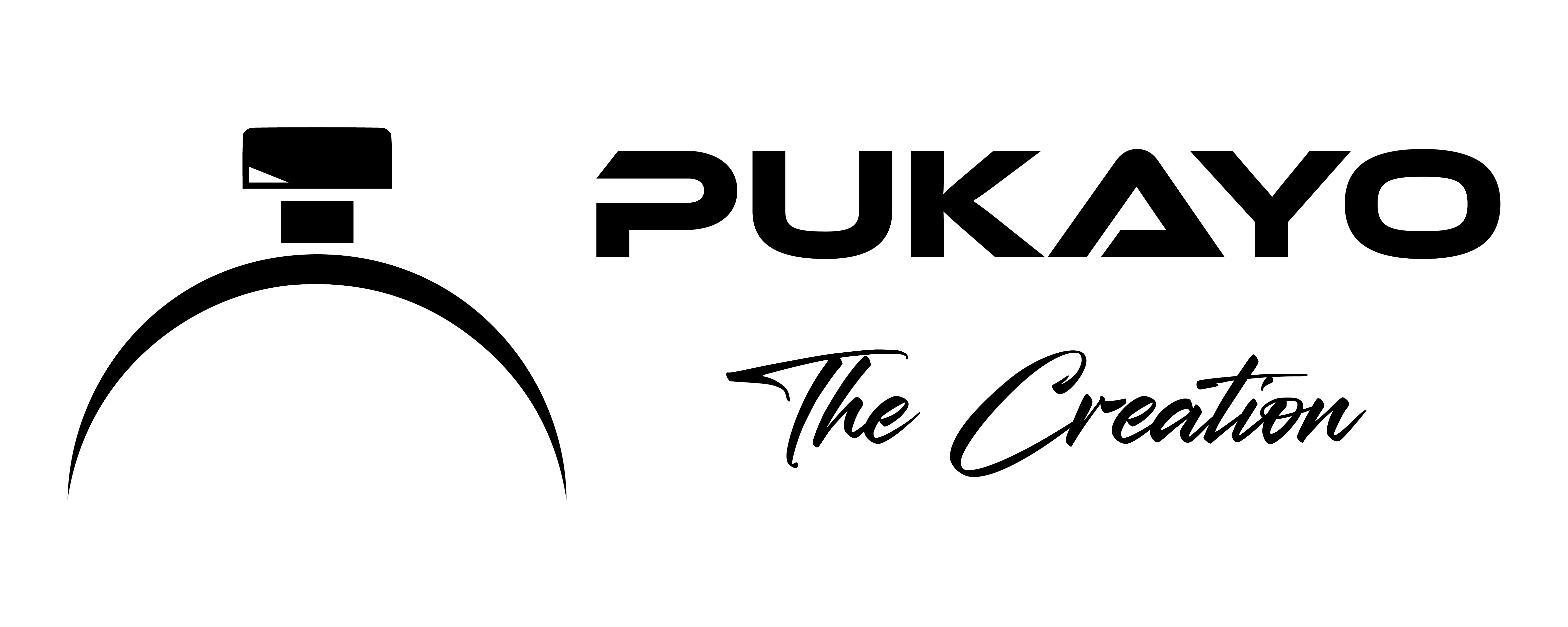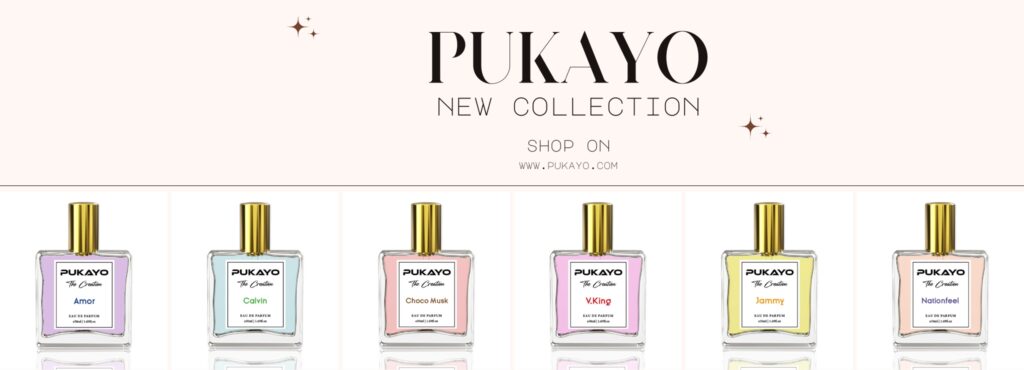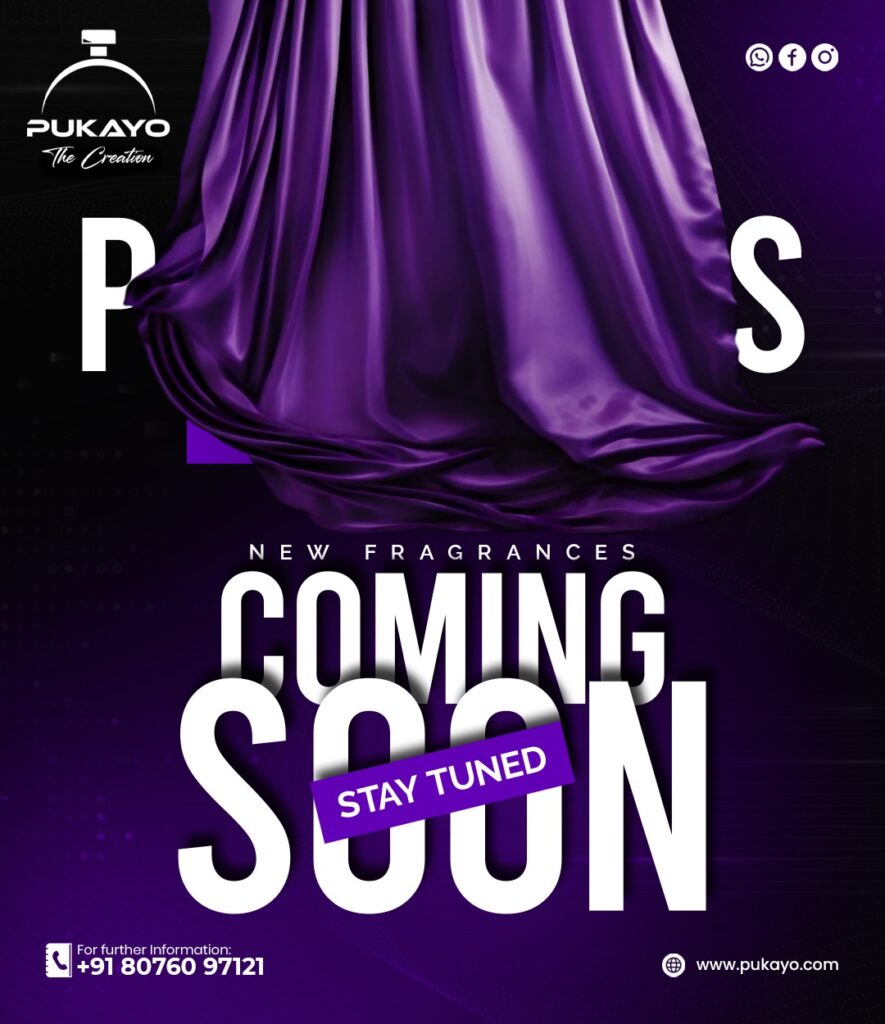When considering the best perfume fragrance quality, several key factors contribute to what makes a scent truly exceptional. These elements define a high-quality perfume, ensuring it provides a rich, lasting, and pleasing olfactory experience.
Here are the characteristics that make up the best perfume fragrance quality:
1. High-Grade Ingredients
The foundation of any great perfume lies in its ingredients. The best fragrances use natural, high-quality essential oils and absolutes derived from plants, flowers, spices, and resins. Synthetic compounds are also used in modern perfumery, but the quality of these synthetic ingredients matters as much as natural ones. A well-crafted blend of premium materials results in a richer, more complex scent.
Examples of high-quality ingredients:
- Oud (Agarwood): One of the most expensive and sought-after ingredients due to its deep, woody aroma.
- Ambergris: A rare marine-derived material that adds warmth and complexity to fragrances.
- Rose de Mai: A luxurious, natural rose note grown in Grasse, France, offering an incomparable floral richness.
2. Balanced Composition
A great fragrance will have a harmonious balance between its top, middle (heart), and base notes. Each of these layers should unfold seamlessly over time, creating an evolving sensory experience that maintains the perfume’s complexity and interest. A skilled perfumer ensures that no single note overpowers the others, resulting in a well-rounded fragrance.
- Top notes: Light, fresh scents that you notice first, such as citrus, herbs, or light florals.
- Middle notes: These are the heart of the fragrance and last longer than top notes, often including florals like jasmine or lavender, or spices like cinnamon.
- Base notes: Deep, lingering scents like vanilla, sandalwood, or musk, which provide depth and longevity to the perfume.
3. Longevity and Sillage
Perfume quality is often judged by how long it lasts on the skin (longevity) and how well it projects (sillage). High-quality perfumes contain a higher concentration of fragrance oils, which increases both their staying power and their ability to emanate around the wearer.
- Longevity: A good perfume should last for several hours without needing reapplication. Eau de parfum (EDP) or extrait de parfum usually have longer-lasting qualities than eau de toilette (EDT).
- Sillage: This refers to the perfume’s trail—the scent you leave behind as you move. A well-made perfume will have a noticeable, yet not overwhelming, presence in your surroundings.
4. Refinement and Craftsmanship
The craftsmanship behind a perfume is essential for quality. Expert perfumers work to create scents that are innovative and meticulously refined. The balance of notes and the choice of ingredients must be handled with precision, often resulting in months or years of formulation to achieve the perfect blend. Brands known for exceptional craftsmanship include Chanel, Guerlain, and Creed, among others.
5. Stability and Integrity
A good perfume should maintain its integrity over time. Poor-quality perfumes may oxidize or lose their scent faster, especially when exposed to light or air. High-quality perfumes, with properly sourced ingredients and well-sealed packaging, can last for years without losing their original characteristics.
6. Naturalness vs. Synthetics
While natural ingredients are often prized, not all synthetics are of low quality. Many modern perfumes use high-quality synthetic notes that are necessary for creating certain scents that don’t exist in nature (like “marine” or “ozone” notes). The key to quality lies in the blend of both natural and synthetic ingredients, ensuring that they complement each other harmoniously.
7. Perfume House Reputation
The brand’s history, legacy, and approach to perfumery also play a role in fragrance quality. Houses with long-standing reputations for excellence often produce consistently high-quality products. Some luxury perfume houses are known for their precision, craftsmanship, and high-quality sourcing, such as:
- Tom Ford: Known for bold, opulent scents that often include rare ingredients.
- Maison Francis Kurkdjian: With scents like Baccarat Rouge 540, the house is celebrated for its sophisticated, long-lasting fragrances.
- Dior: Offers iconic fragrances like Dior Sauvage and J’Adore, renowned for their perfect blend of elegance and modernity.
8. Perfume Concentration
The strength or concentration of perfume oil in the product affects both quality and price. The higher the concentration, the more potent and long-lasting the fragrance.
- Extrait de Parfum (Pure Perfume): The highest concentration, containing 20-30% perfume oil, resulting in the longest-lasting and most intense scent.
- Eau de Parfum (EDP): A strong concentration of 15-20%, offering good longevity.
- Eau de Toilette (EDT): A lighter concentration of 5-15%, ideal for daily use but less long-lasting.
- Eau de Cologne (EDC): A very light concentration, 2-5%, with a short wear time.
Conclusion
PUKAYO the Creation The best perfume fragrance quality comes from a blend of premium ingredients, expert craftsmanship, and a balanced, evolving scent experience. Longevity, sillage, and the reputation of the perfume house also play a critical role. If you’re in search of a signature scent, focusing on these qualities will guide you to a fragrance that stands the test of time.







